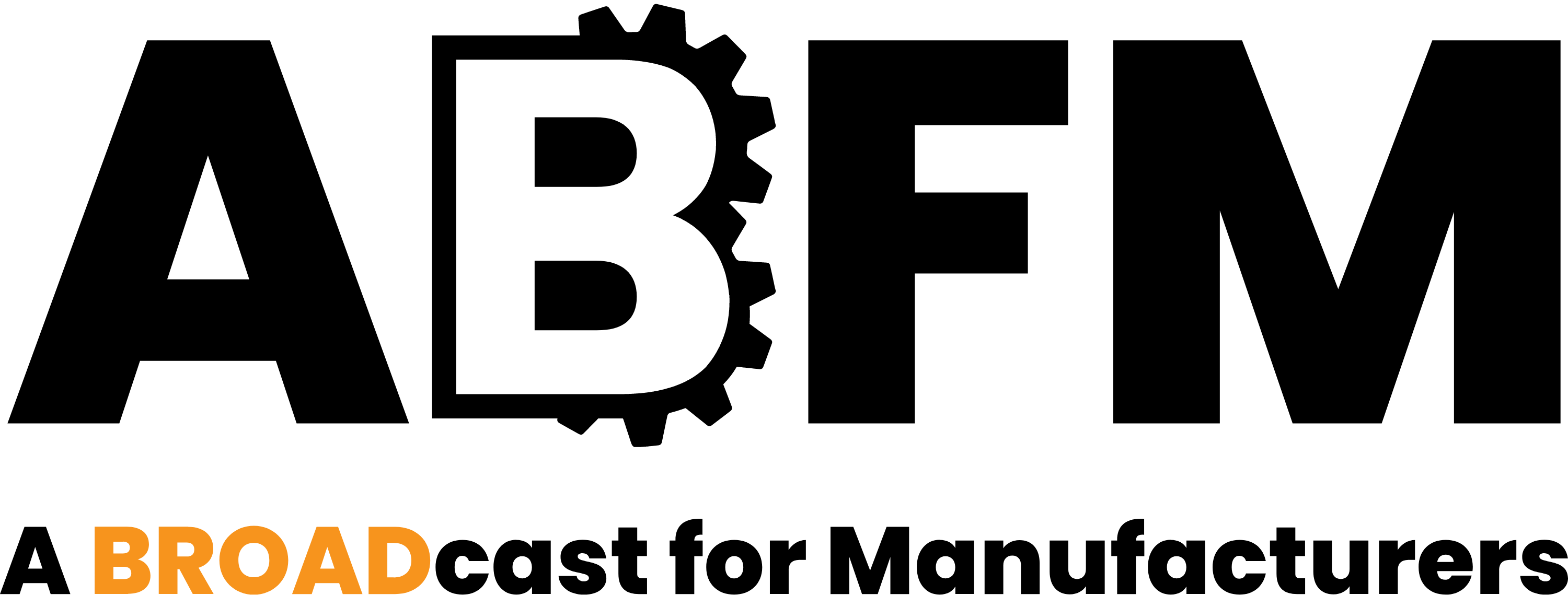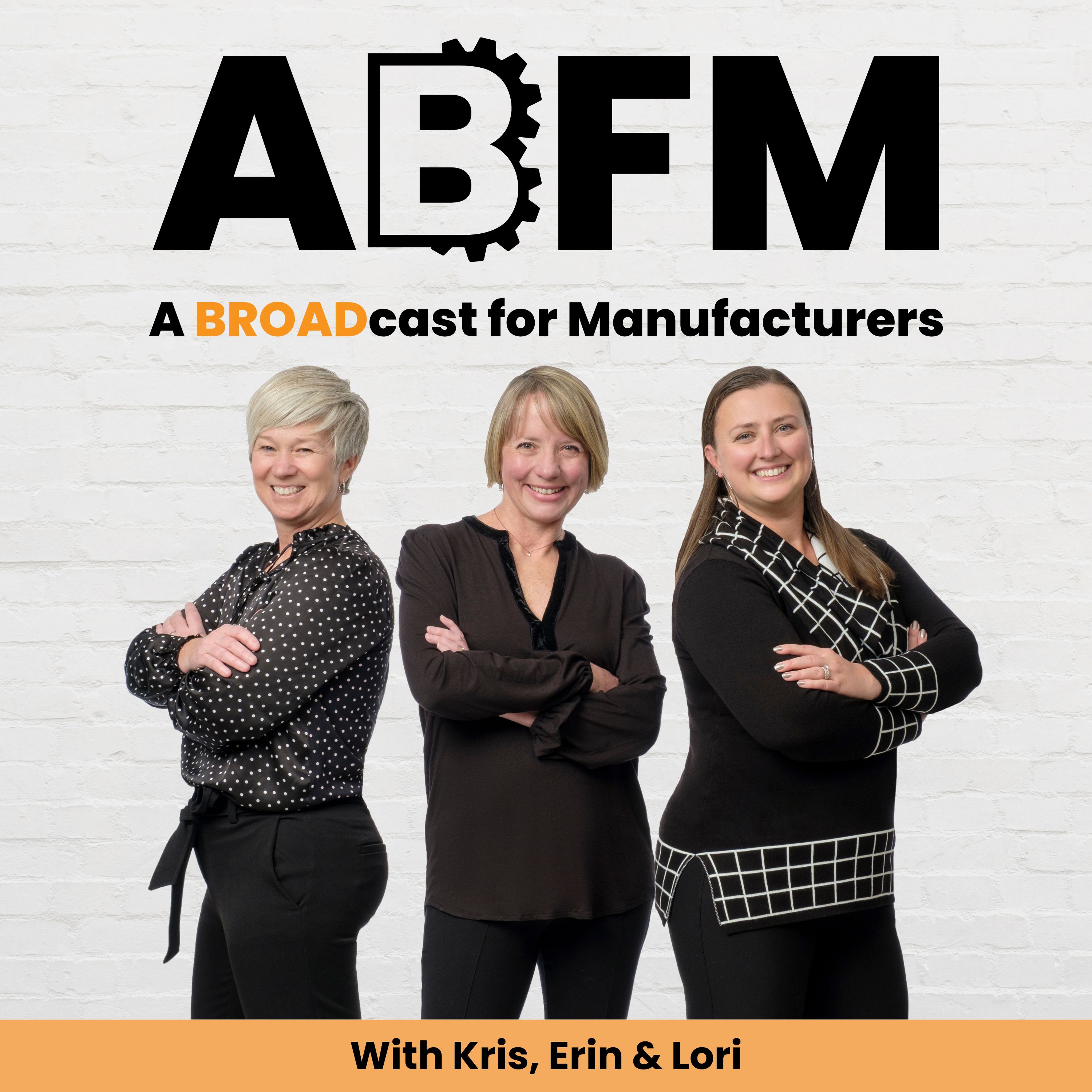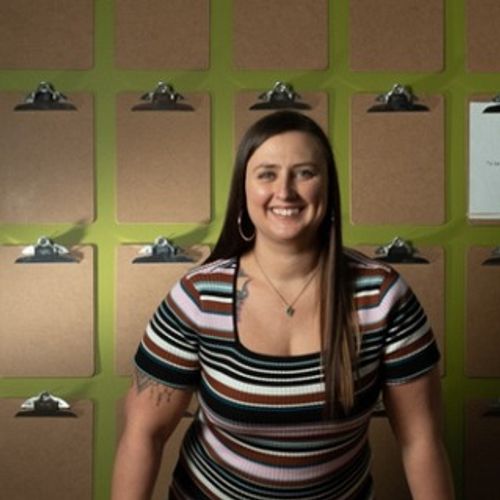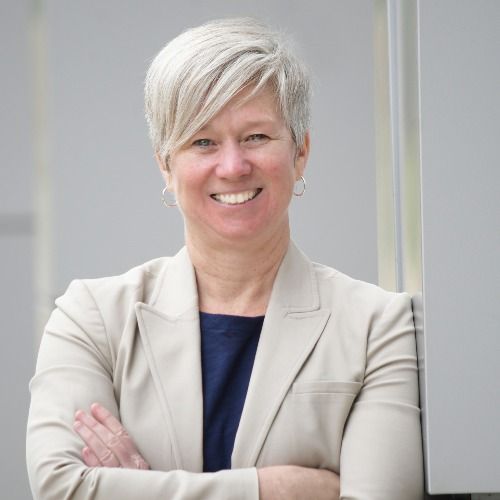Episode 83
83: Breaking the Mold: Redefining Success in Manufacturing & Mentorship
In this episode of ABFM, we sit down with Tyler Marcus, a dynamic force in manufacturing and mentorship. Tyler shares the pivotal lessons that shaped his path, including his non-traditional journey into business, the power of soft skills, and the true value of making time for mentorship.
We explore:
- The shift from traditional career paths to purpose-driven leadership
- Why humility and listening are critical in management
- The future of American manufacturing
- How mentorship changes lives — one conversation at a time
Whether you're in the industry or just love stories of people charting their own course, this conversation will inspire you to rethink how you define impact and legacy
🔑 Top Key Quotes from Tyler Marcus
🧠 On the Right Way to Implement AI:
“AI isn’t something you just shove into a business. It needs to solve a real problem. That’s where the ROI comes in.”
📊 On Data Readiness:
“It’s great to want AI, but the real question is: do you even have the data you need? If the ERP is messy, AI can’t fix that.”
🔁 On ROI and Efficiency:
“If you improve worker productivity by 10%, what does that mean to the business? That’s the kind of question you need to ask before implementing anything.”
⚠️ On Skipping Steps:
“The biggest mistake I see? Companies spend six figures on AI tools—then realize they had no clean data to begin with.”
🧩 On Use-Case First Thinking:
“Start with the use case. Understand the data. Then decide if AI is the answer—not the other way around.”
🏭 On Manufacturing Opportunity:
“AI is no longer just for Fortune 500s. Mid-sized manufacturers are realizing they can leverage it too—if they have the right strategy.”
📈 On Growing Interest:
“We used to work mostly with enterprise. Now, AI is pulling us into mid-market manufacturing because the demand and curiosity are finally there.”
Transcript
[00:00:10]
Lori hyvee, Chris Harrington and Aaron Courtney. Three Broads bringing new stories and strategies, exploring manufacturing topics. That challenge the status quo while
[:laying the foundations for future success. Together with special guests, they'll celebrate what's working and unpack what is not so you can learn, grow, and
[: [:You wanna learn more about your host? Make sure to listen to episode one.[00:00:40]
[:All right, ladies. AI is gonna be the overarching message of today's show, so I figured, are
[:
you excited or overwhelmed or a hot mix of both with where we're at with AI as a society or as an individual? As a human. As a human. As a human.
[:How are you feeling about it? Oh, I'm in where we are at, where I'm at personally, professionally, I'm still in the honeymoon phase.
[:I'm so delighted with my new partner.
[:We're doing great. That's great. Yeah. I would definitely say that I am very excited about all the
[:potential of AI and everything that I learn and read. Usually. Lifts the excitement where I do feel
[:overwhelmed, so I'm, I can have a mix of both is really sometimes when I'm thinking about how to apply it to our organization and how to apply it as part of our [00:01:40] product.
[: [:the rest of the team has the same exposure and they're learning and they're getting acquainted with. This new technology, how do I ensure that we're doing everything
[:securely for ourselves, for our clients, and the responsibility we have for all of that?
[:And then of course, how do we deliver it into our product? In a safe way that brings
[:value to everybody in that value chain that's associated with our product. So that part, again, it's very exciting, but it seems to be moving so fast and that I
[:don't want us to fall behind. So it's that ensuring that we understand what's relevant, that we understand.
[:How fast we can go and truly
[:getting feedback from our clientele as well. So I feel like I could talk about this for a long time, but yeah, it's a really important question right now. Yeah. Oh, I agree. Your answer resonates with me very
[:closely. It's, you know, I'm excited when I'm playing with it myself.
[:Either, you know, from a personal or professional standpoint. Looking at how can we incorporate it into our
[:processes internally? How can we support our clients in leveraging it? But yeah, it's, the rate of change is faster than I think anyone on this. Planet
[:can actually keep up with, which is where the overwhelm comes in.
[:So I'm a mix of both, but I'm excited for what our guest is gonna bring to the
[:conversation today. Tyler Marcus is the Chief Executive Officer. CEOI should have just said that, of Grand Moore. Prior to being a founding partner
[:of Grand Moore, he utilizes data analytics background to drive marketing growth efforts at two startups.
[:Before these management roles, Tyler worked as a financial
[:data analyst in both tech and healthcare. Tyler holds a BA in history from the University of Wisconsin Madison, and was a member of the Honors research Scholar program where he aided
[:professors in data analysis and data science. Tyler, welcome to the show.
[:Thank you. Thanks for having me. Excited to talk about AI and to hang with you guys.
[:Yeah, I'm excited for our conversation as well. We were connected at an event, in Milwaukee here that was on the topic of ai, which this audience gears heavily in the
[:manufacturing space, so picked his brain a little bit and I said, you gotta be on the show.
[:So talk about. Real quick. Yeah. Like what exactly is your organization doing?
[:What do you service? Yeah, a hundred percent. So Grad Moore, we are a workforce intelligence company, so we specializing in optimizing worker productivity, efficiency,
[:performance. Using AI and data analytics and science. We started this company in 2017.
[:So the pre COVID version of the company was more data analytics,
[:right? AI was not as prominent or was just starting to become more in the weeds of mainstream, slowly but surely in the tech scene. But post COVID is when we really started working on ai,
[:or more specifically, machine learning, modeling.
[:So predictive analytics or predictive modeling. So our experience in AI is actually almost now five years. If you could believe it, more no, like
[:predicting things. So like how can we use AI to predict turnover within an organization? Sure. How can we use AI to predict better hiring performance? Okay.
[:So that's where we were using it for. And
[:then obviously now with the. Increase of language learning models like Chat, EBT, copilot, and all these other tools. You know, our workforce intelligence offerings have
[:sort of grown under an umbrella. So most of my business had originally started working with sales teams and retail because they had our turnover and also sales teams on
[:enterprise because they have a lot of performance issues, hiring enterprise sales reps.
[:And then that has now grown into manufacturing. Okay. How can we apply
[:data science and AI to improve worker productivity on the floor, to improve distribution, to improve scheduling optimization of jobs. So like things that
[:originally maybe weren't touching are now becoming a main focus of our business.
[:In the past year, I had originally more worked with Enterprise. So yeah, talking large
[:scale, multi-billion dollar companies. In the past year we started going more mid-market and downstream because of AI and because of the interest of ai. And
[:I think that's a lot of it has to do with the narrative around it.
[:I mean, like you just mentioned, Lori, where we were at that panel on AI manufacturing. Mm-hmm. When you go to any conference or any content that
[:you see, it's all about applying AI and all those things that now has made the knowledge gap of maybe like a CC level person who's running a. 30 to a hundred million
[:dollars manufacturing company realized, wait, how can we apply this?
[:While a year and a half, two years ago, it was really just the giant Fortune five hundreds that were like, how can we leverage AI
[:within our workspace? So I think that's what I'm seeing in the trends and that's what we do now and some of the things we work on. Yeah. So I think you actually asked the question yourself that I'm about to ask you, which I think
[:is kind of funny.
[:But how do you think AI is gonna help manufacturers? With their operational efficiencies, speaking to that, that is a great question. So I think it depends on
[:what they're doing. What I've learned, you know, as you guys know, manufacturers do different things. If you're a contract manufacturer, different problems than someone who's just distributing a warehouse or
[:building, you know, a mining equipment, right.
[:Or something. So I think there's some areas I'm seeing, I think one is like in a distribution center specifically where products
[:go and how you can use AI to place things, right? Because from a worker productivity perspective, let's say you have a giant, warehouse that's 500,000 square feet and you have
[: [: [: [: [: [: [: [: [: [: [: [: [: [: [: [: [: [: [: [: [: [: [: [: [: [: [: [: [: [: [: [: [: [: [: [: [: [: [: [: [: [: [: [: [: [: [: [: [: [: [: [: [: [: [: [: [: [: [: [: [: [: [: [: [: [: [: [: [: [: [: [: [: [: [: [: [: [: [: [: [: [: [: [: [: [: [: [: [: [: [: [: [: [: [: [: [: [: [: [: [: [: [: [: [: [: [: [: [: [: [: [: [: [: [: [: [: [: [: [: [: [: [: [: [: [: [: [: [: [: [: [: [: [: [: [: [: [: [: [: [: [: [: [: [: [: [: [: [: [: [: [: [: [: [: [: [: [: [: [: [: [: [: [: [: [: [: [: [: [: [: [: [: [: [: [: [: [: [: [: [: [: [: [: [: [: [: [: [: [: [:



